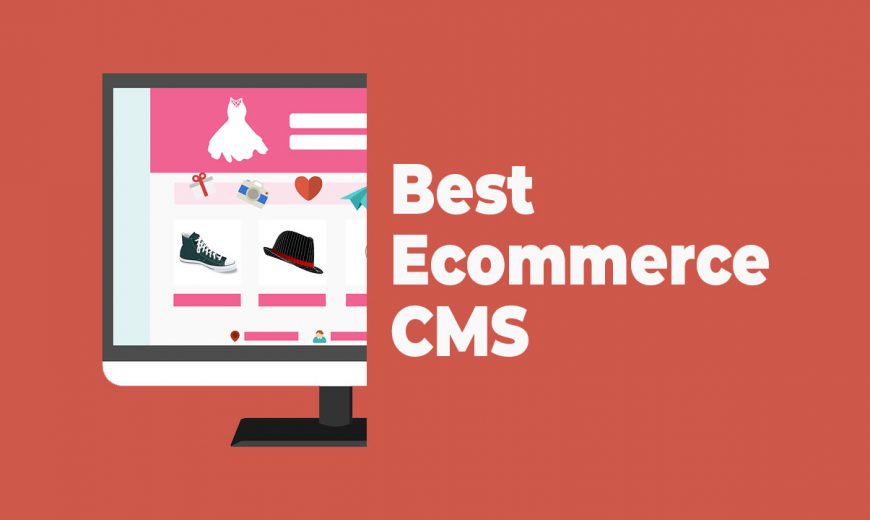Best CMS platform for E-Commerce website

Ecommerce store owners may develop, update, and publish digital website content using a content management system (CMS), which is software that eliminates the need to write any code. Users may also change the style of the product pages, add advertising banners, or simply create new website sections to the online store to improve product marketing.
Shopify:
One of the most well-known SaaS ecommerce systems in the world is Shopify. It has developed into a well-liked ecommerce platform for start-up merchants and small enterprises due to its straightforward UI and reasonable cost. That doesn’t mean bigger brands can’t utilise the CMS, though. It is recommended to review the features list before signing up because the quantity of features will vary depending on the type of plan you select. Shopify provides a distinct POS system, a variety of free shop designs, and free 24/7 support. The drawback is that Shopify charges transaction fees when customers use third-party payment processors.
WordPress:
Although it is the most powerful CMS on the market, WordPress is not an ecommerce platform in and of itself. The WooCommerce plugin is required to convert a WordPress website into an online store.
The open-source WooCommerce platform is incredibly well-liked and is recognised for its enormous range of plugins and themes, the most of which are free. These plugins are fantastic since they may instantly offer capabilities and features that are lacking from the main WooCommerce product. The drawback is that a lot of plugins add complexity that is unnecessary and hinder site speed.
Shopware:
Shopware is a comprehensive solution for building and promoting internet stores. Many businesses are starting to view Shopware as the ideal tool for developing their e-commerce platforms since it has a distinct emphasis that sets it apart from competing products like Shopify or PrestaShop.
Magento:
Popular open-source CMS for e-commerce solutions is Magento. It has a solid reputation and serves more than 260,000 online retailers globally. It is owned by Adobe. Magento provides robust functionality, a wide selection of add-ons, and interfaces with business-level applications like as CRM, ERP, chatbots, and other programmers. Even though it supports all kinds of merchants, because of its complex setup, wide price choices, and demanding development needs, it is frequently preferred by bigger, quickly growing enterprises.
BigCommerce:
BigCommerce, one of the most well-known e-commerce platforms available, serves more than 60,000 merchants of all shapes and sizes. The BigCommerce platform is robust enough to support the expansion of quickly growing e-commerce enterprises and user-friendly enough to enable total e-commerce newbies. It also has a wealth of built-in features and CMS capabilities. It serves the whole ecommerce market range.


